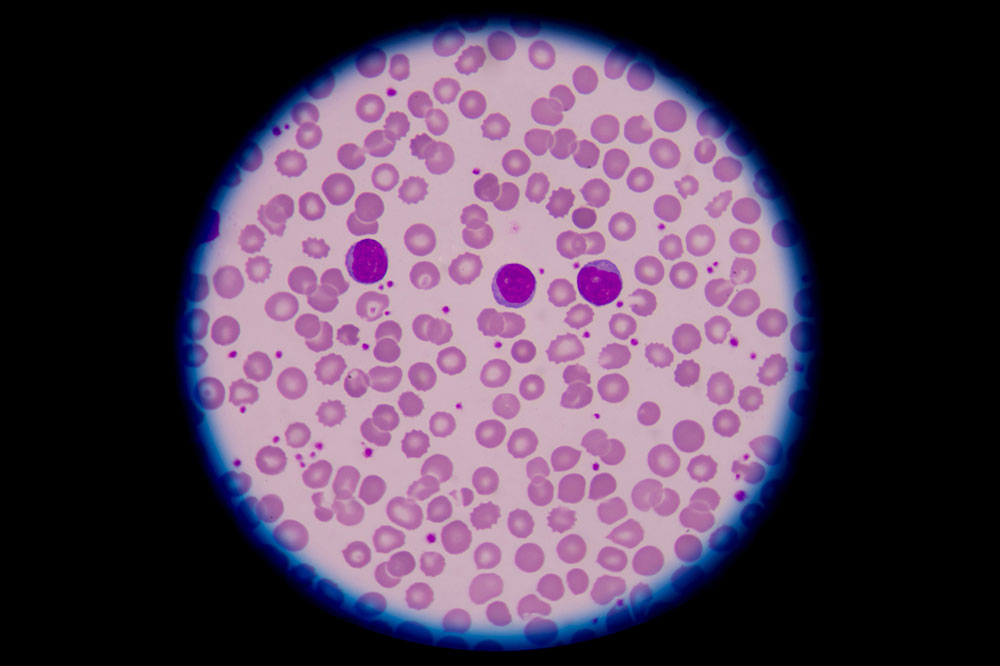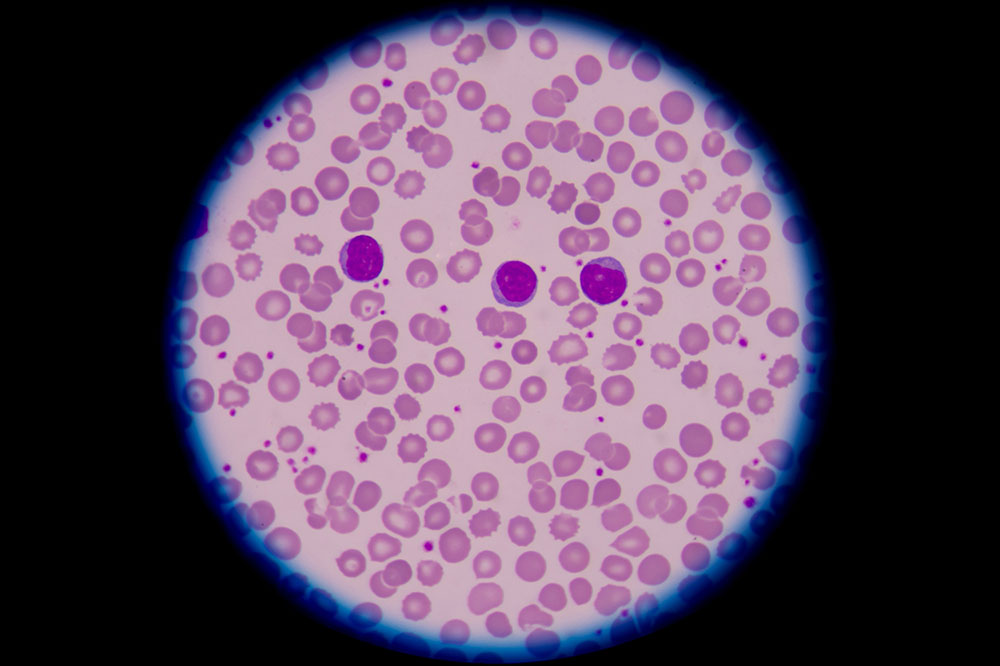Early Signs and Symptoms of Blood Disorders: A Comprehensive Guide
This comprehensive guide explains the early signs of blood disorders, emphasizing the importance of recognizing symptoms related to red blood cells, white blood cells, and platelets. It highlights diagnostic methods, prevention tips, and the significance of timely medical intervention to maintain blood health and prevent serious complications.

Understanding Common Indicators of Blood Disorders
Blood disorders are complex health conditions that pose significant risks if not diagnosed and treated promptly. Blood plays a vital role in maintaining overall health by transporting nutrients, oxygen, and immune cells throughout the body. When blood components are compromised, various symptoms can manifest, signaling underlying issues that require medical attention. Recognizing these early signs is crucial for timely intervention and better health outcomes.
Blood consists of three primary components: Red Blood Cells (RBCs), White Blood Cells (WBCs), and platelets. Each of these has essential functions:
Red Blood Cells (RBCs): Responsible for oxygen transportation from the lungs to tissues and removing carbon dioxide. A deficiency causes anemia, leading to fatigue and other symptoms.
White Blood Cells (WBCs): Play a critical role in immune defense against infections and foreign invaders. Counts that are too low or too high can indicate various disorders.
Platelets: Crucial for blood clotting and stopping bleeding. Abnormal platelet levels can cause excessive bleeding or clotting issues.
Understanding the symptoms associated with abnormalities in each component helps in early detection and targeted treatment.
Symptoms of Blood Disorders Based on Affected Components
The symptoms of blood disorders are often specific to which component is affected, making it vital to pay attention to any unusual health changes:
Indicators of Low Red Blood Cell Count (Anemia): Common symptoms include persistent fatigue, weakness, shortness of breath, pale skin, dizziness, and cold hands or feet. Anemia can result from various causes, including nutritional deficiencies, chronic diseases, or bone marrow problems.
White Blood Cell Disorders: Abnormal WBC levels can lead to increased susceptibility to infections, frequent illnesses, unexplained weight loss, fevers, night sweats, and a general feeling of being unwell. Conditions like leukemia or immune deficiencies are often diagnosed through abnormalities in WBC counts.
Platelet Abnormalities: When platelet levels are too low, individuals may experience easy bruising, petechiae (small red or purple spots on the skin), prolonged bleeding from cuts, frequent nosebleeds, bleeding gums, and delayed wound healing. Conversely, excessive platelets can lead to thrombosis, increasing the risk of blood clots and heart attack.
Early detection of these symptoms through routine medical check-ups can significantly improve treatment outcomes. Blood tests such as complete blood count (CBC) are essential diagnostic tools for identifying underlying disorders.
The Importance of Medical Evaluation and Testing
If you notice any persistent or unusual symptoms linked to blood health, seeking medical assessment is crucial. Blood tests can help determine the levels and functionality of RBCs, WBCs, and platelets to identify specific conditions. Prompt diagnosis not only improves prognosis but also helps in managing symptoms more effectively, preventing complications, and improving quality of life.
Additionally, lifestyle modifications, dietary adjustments, and medications may be recommended based on the diagnosis. For example, iron supplements for anemia, antibiotics or immune therapies for infections, or blood thinners for clotting disorders. Regular monitoring is also vital for managing chronic blood conditions efficiently.
Prevention and Maintaining Healthy Blood
While some blood disorders are genetic and unavoidable, many can be prevented or managed through healthy lifestyle choices. Eating a balanced diet rich in iron, vitamin B12, folic acid, and other vital nutrients supports blood health. Avoiding exposure to toxins like heavy metals and chemicals, maintaining good hygiene, and managing chronic illnesses can also reduce risks. Regular health screenings are an essential part of early detection and prevention strategies for blood disorders.
In conclusion, recognizing early symptoms of blood disorders enables timely medical intervention, which is crucial for preventing severe complications and improving overall health. Educating oneself about these signs and maintaining regular check-ups helps in safeguarding blood health and ensuring a better quality of life.





